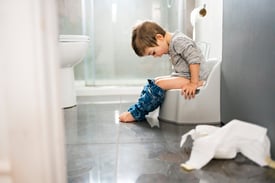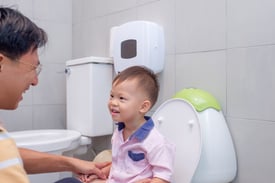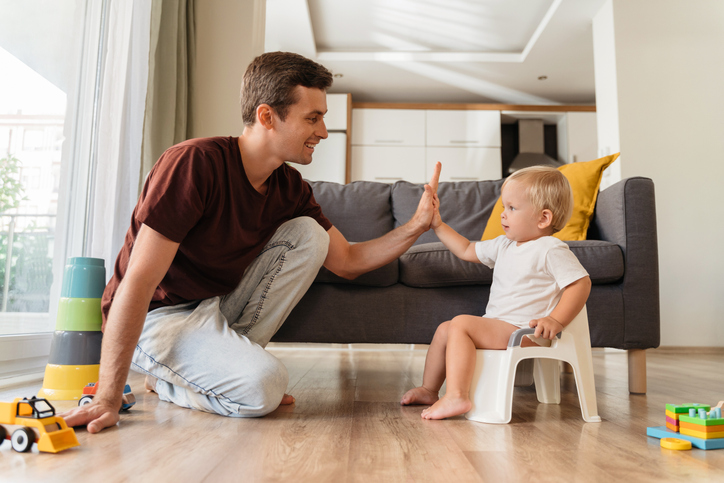Many parents rely on potty training charts to help get their children to use the toilet. This typically starts between the ages of 18 to 24 months. And most children are usually potty trained by age 3.
Remember that every child is different and there is no one-size-fits-all approach to potty training. It's important to be patient, supportive, and flexible to help your child successfully learn this new skill.
So, here are six tips and strategies to make your child’s experience (and your experience!) as smooth and stress-free as possible.
Tips To Add To Your Potty Training Chart
Children Worry About Potty Training, Too
So, if you are feeling pressured about successfully toilet training your toddler, this may actually make the process more challenging. Instead, shift your focus and point out the positives. Praise your child for each step that he or she has mastered, even if the entire process didn’t go as you’d hoped. Young children love parental attention and so can become more motivated by praise.
mastered, even if the entire process didn’t go as you’d hoped. Young children love parental attention and so can become more motivated by praise.
For some children, a high five is all the praise they need. Others may be more motivated by a sticker or an extra story before bedtime.
Just remember to be patient. Potty training can take time and accidents will happen. Stay patient and supportive, and don't get discouraged by setbacks.
Focus on the Process, Not the End-Result
The process can start by allowing your child to pick a potty they like. Pick out a child-sized potty or toilet seat insert. Let your child help choose, which can help them feel more involved in the process.
 Once you start potty training with your child, put your efforts into your child sitting on the toilet, rather than staying dry. Toilet time is an important first step, no matter the results.
Once you start potty training with your child, put your efforts into your child sitting on the toilet, rather than staying dry. Toilet time is an important first step, no matter the results.
Meanwhile, urging your child to stay clean and dry may lead to him or her trying to hold onto stool and urine, rather than using the toilet, which defeats your ultimate goal. If your child fears punishment for having accidents, he or she will likely learn to hide the accidents, rather than moving forward with toilet training.
Manage Your Own Expectations
In reality, children will start potty training when they’re ready, not when it’s convenient for their families. Parents.com quotes an expert from the American Academy of Pediatrics who cautions parents to let this process unfold naturally, rather than trying to force it to happen. Because, when you try to force a timeline, it often has the opposite effect, drawing out what might have been a fairly quick and easy process.
Manage Your Reward Process
Remember to reinforce success. When your child successfully uses the potty, give them lots of praise and positive reinforcement. You can even create a rewards chart or system to encourage progress.
Experts often encourage positive reinforcement, rather than punishment, but you also don’t want to go overboard with incentives.
Positive reinforcement is the introduction of a stimulus that increases the probability of that behavior occurring in the future. Giving small items, such as a few stickers for a potty training sticker chart, or an occasional lollipop, is fine. But don’t make the prize too big, like promising an expensive toy or a trip to Disney World.
future. Giving small items, such as a few stickers for a potty training sticker chart, or an occasional lollipop, is fine. But don’t make the prize too big, like promising an expensive toy or a trip to Disney World.
If the prize is too big, a child who truly just isn’t ready will feel frustrated because he or she can’t achieve results in time to be given that big reward.
Baby Steps Work When Potty Training Toddlers
FatherlyLove.com points out the unwanted truth that potty training regressions are in fact pretty normal. They could take place if a routine is changed, or if your child is distracted by some event or a change in diet.
If this happens, remember tip one and stay calm. Otherwise, your child will pick up on your frustration and that won’t help. Stick with the plan and, if you truly think something more significant is going on, talk to your pediatrician.
Self-Wiping Can Be Hard
Finally, even a toilet-trained child may not yet have the dexterity to properly wipe. This process isn’t intuitive and may need parental help, including a “safety wipe.” Plus, “expect to see some dirty underwear until their kid gets used to the process of wiping. That’s just the way it goes.”
Step by step and day by day, you’ll get there! Before long, you’ll likely be sharing tips with the next parent who needs them.
Implement a Potty Training Chart
A potty training chart is a tool used to track and reward a child's progress during the potty training process. It's a chart that helps parents and children monitor and celebrate each successful trip to the bathroom. The chart can be designed with pictures or stamps and can be used to track a child's progress over a certain period of time.
Typically, the chart will have spaces for each day of the week or each week of the month, with a place to mark off or add a sticker each time the child successfully uses the potty. Once the child reaches a certain number of successful uses, they may receive a reward, such as a small toy or treat.
The potty training chart is a visual way to show the child their progress and provide positive reinforcement for their efforts. It can also help parents keep track of their child's progress and adjust their approach if needed. The chart can be tailored to the child's interests and preferences, which can make it more engaging and motivating for them.
Horizon Education Centers Work With Potty Training Children
Horizon Education Centers includes self-help, and social and emotional development as part of our Toddler Program. We’ll work with you to ensure your potty training regimen is being met.
If you’d like more information on this or any of our programs, contact us at any time or set up a tour of one of our facilities that are conveniently located throughout Northeast Ohio. 







